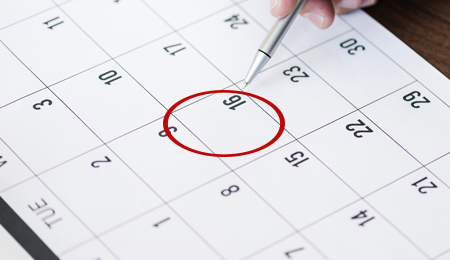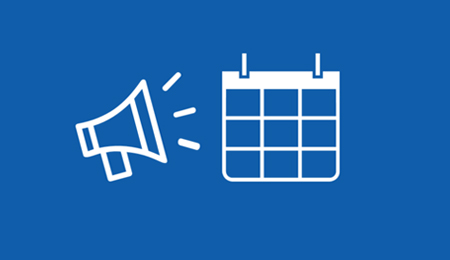TRED-HF: safe to withdraw HF treatment in recovered DCM?
24/01/24
| Take Home Messages |
|---|
|
Introduction
Dilated cardiomyopathy (DCM) is a disease in which the chambers of the heart enlarge, characterised by left ventricular (LV) dilatation and systolic dysfunction. Many of these patients show an improvement in LV function and clinical outcomes during the course of their disease (1), as has also been observed in other cases of heart failure with reduced ejection fraction (HFrEF) following initial presentation (2-4). Anecdotally, such patients may at times be disinclined to taking medications due to various reasons such as poor compliance, side-effects, hypotension and pregnancy planning. The logical question then arises for those individuals with DCM whose symptoms and LV function have subsequently recovered on pharmacological therapy, is it necessary to continue prognostic medications in the long-term?
Community Events Calendar


